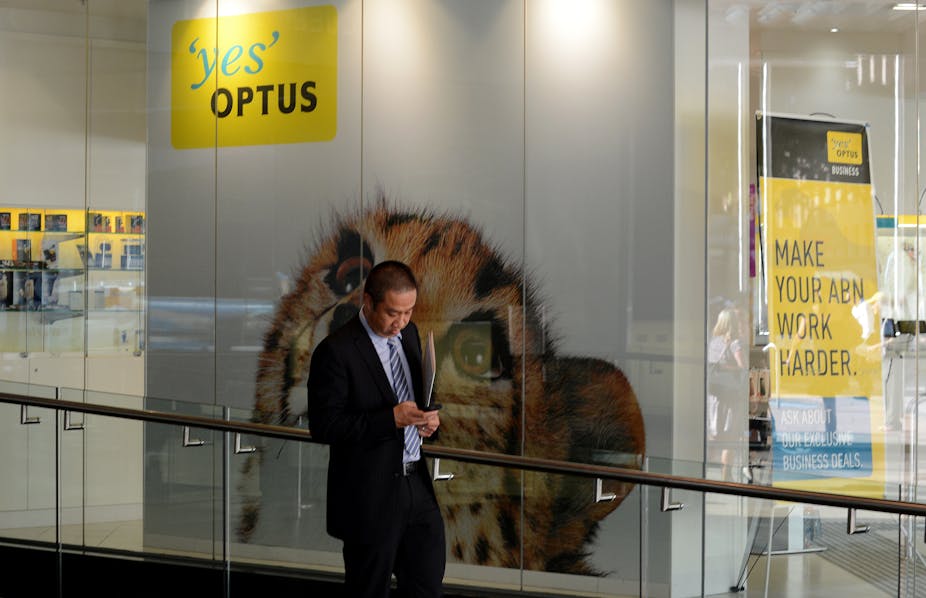Optus has set its sights on the Australian Law Reform Commission’s inquiry into digital copyright, after the High Court today killed off any hope of an appeal over its TV Now case with the AFL, NRL and Telstra.
Optus had sought to use an exception in the Copyright Act that allows people to tape content at home for their own convenience. Last year the Federal Court found in Optus’ favour, based on this exception, but Optus later lost on appeal when the court found its TV Now online recording service breached broadcast deals between Telstra and the AFL and NRL.
“People are increasingly wanting to watch TV when they want, where they want and on what they want. But the law as it stands imposes an arbitrary distinction between technologies,” Optus corporate and regulatory affairs chief David Epstein said in a statement.
“We had hoped that the High Court of Australia would grant leave to appeal, but we are pleased that it will still be considered by the Australian Law Reform Commission.”
But Optus can’t pin hopes on a quick resolution from the ALRC, said Michael Fraser, director of the Communications Law Centre at UTS, with any amendment to the law likely to take “many years”.
Mr Fraser said the lesson from the case was that content service providers should have to pay for their inputs, which include valuable content.
“I think Optus was opportunistic in an attempt at free riding and the court hasn’t seen it their way,” Mr Fraser said.
Brett Hutchins, associate professor of media studies at Monash University, agreed.
“Optus was being too cute by half.”
Nevertheless, he said he was somewhat surprised Optus wasn’t allowed to take the case to appeal.
“The ironic thing about this entire case is that something like the Slingbox, which does much the same things as Optus TV Now, is still legal.”
But Mr Fraser said at the heart of the issue was the purpose of the copying, which in Optus’ case was commercial.
“The argument shouldn’t be about technology neutrality,” Mr Fraser said,
“Of course there should be technology neutrality, but the point of difference is whether you’re using the technology for a commercial purpose, in which case why shouldn’t you pay for the commercial content?”
Professor Hutchins said technologies like Slingbox were having an impact on the market for mobile television.
“What you’re really seeing is a war over the right to maintain an exclusive coverage rights system.”

